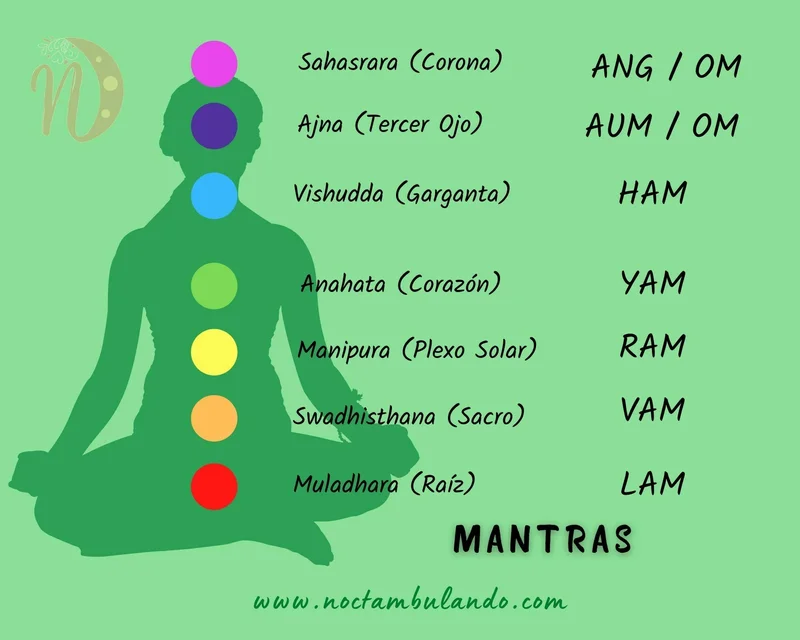Nvidia News: What Happened and Fan Reactions
The Dawn of Knowing Everything: How "People Also Ask" Unveils Our Collective Curiosity
Imagine a world where every question you've ever had is answered instantly. Not by some cold, calculating AI, but by a reflection of humanity's own collective curiosity. That's the promise – and the potential – I see shimmering in the data of "People Also Ask."
Decoding the Collective Mind
"People Also Ask," or PAA as it’s known, isn't just a search engine feature; it’s a living, breathing snapshot of what we, as a global community, are thinking about. It's a raw, unfiltered stream of questions, revealing our shared anxieties, our deepest desires, and our insatiable thirst for knowledge. It's like looking into a mirror and seeing the collective human mind staring back – and honestly, when I first truly grasped that, I just had to sit back in my chair for a moment. It’s profound.
Think about it: every time someone types a question into a search engine, they're contributing to this vast, ever-growing database of human inquiry. And PAA distills that down, presenting us with the questions that are most frequently asked, the topics that are most urgently sought. What does that tell us? It tells us what we care about.
What if we could analyze this data in real-time, identifying emerging trends, tracking shifts in public opinion, and even anticipating future crises? What if PAA could become a kind of global early warning system, alerting us to potential problems before they escalate? It’s not just about answering questions; it’s about understanding why we're asking them. We could even anticipate future trends!

But here's the thing: PAA isn't just a reflection of our current state of mind; it's also a powerful tool for shaping our future. By providing us with access to a wider range of perspectives and information, PAA can help us to challenge our own assumptions, broaden our horizons, and make more informed decisions. It allows us to see the world through the eyes of others, fostering empathy and understanding across cultures and communities.
Of course, with great power comes great responsibility. We need to be mindful of the potential for bias and manipulation in PAA data. We need to ensure that all voices are heard, not just the loudest or most dominant ones. But if we can navigate these challenges thoughtfully and ethically, I believe that PAA has the potential to transform the way we learn, the way we communicate, and the way we understand ourselves.
Imagine a future where PAA is integrated into every aspect of our lives, from education and healthcare to politics and economics. Imagine a world where everyone has access to the information they need to make informed decisions, to participate fully in society, and to live their best possible lives. That's the vision that inspires me, and that's why I'm so excited about the future of "People Also Ask."
The Future is Answering Itself
The possibilities are truly endless, and I can't wait to see what the future holds.
-

Warren Buffett's OXY Stock Play: The Latest Drama, Buffett's Angle, and Why You Shouldn't Believe the Hype
Solet'sgetthisstraight.Occide...
-

The Business of Plasma Donation: How the Process Works and Who the Key Players Are
Theterm"plasma"suffersfromas...
-

newsmax: What's going on?
[GeneratedTitle]:AreWeReallyS...
-

Mantra: A Quantitative Look at the Psychology and Actual Impact
AnAnalysisof'Mantra'asaFunct...
-

Bittensor: The Decentralized AI Vision and Why Wall Street is Suddenly Watching
Ofcourse.Hereisthefeatureart...
- Search
- Recently Published
-
- Dijon: Unpacking the Artist, His Vision, and the SNL Buzz
- Satoshi Nakamoto: Unraveling the Visionary, Defining 'Satoshi,' and Bitcoin's Future
- Cook County Treasurer: Property Tax Bills, Payments, & Why It's Such a Pain
- Allora: The Next Paradigm Shift and What It Means for Humanity
- IRS Relief Payment 2025: Will You Actually See a Direct Deposit?
- The Great Hamburger Collapse: The Real Reason They're Failing and Who's Next
- Nasdaq Composite Rises: What's Driving the Rally and Key Stock Movers
- Zcash's Price Surge: An Analysis of Its Price, Key Endorsements, and Future Outlook
- Pudgy Penguins: DreamWorks Partnership and Crypto Presale
- primerica: What we know so far
- Tag list
-
- carbon trading (2)
- Blockchain (11)
- Decentralization (5)
- Smart Contracts (4)
- Cryptocurrency (26)
- DeFi (5)
- Bitcoin (29)
- Trump (5)
- Ethereum (8)
- Pudgy Penguins (6)
- NFT (5)
- Solana (5)
- cryptocurrency (6)
- XRP (3)
- Airdrop (3)
- MicroStrategy (3)
- Stablecoin (3)
- Digital Assets (3)
- PENGU (3)
- Plasma (5)
- Zcash (6)
- Aster (4)
- investment advisor (4)
- crypto exchange binance (3)
- SX Network (3)
